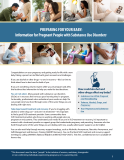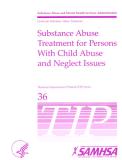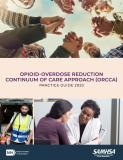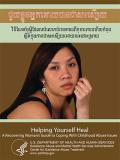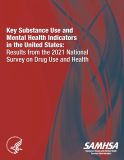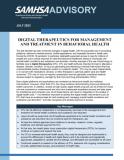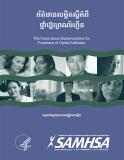
Gives patients information on buprenorphine and medication-assisted treatment for opioid addiction. Describes addiction and withdrawal, how buprenorphine works, its proper use, its side effects, and how it fits with counseling in the recovery process.
Units per Product
Download
Buprenorphine Treatment: Facts (Cambodian/Khmer)
File Type: PDF
File Size: 596 KB


